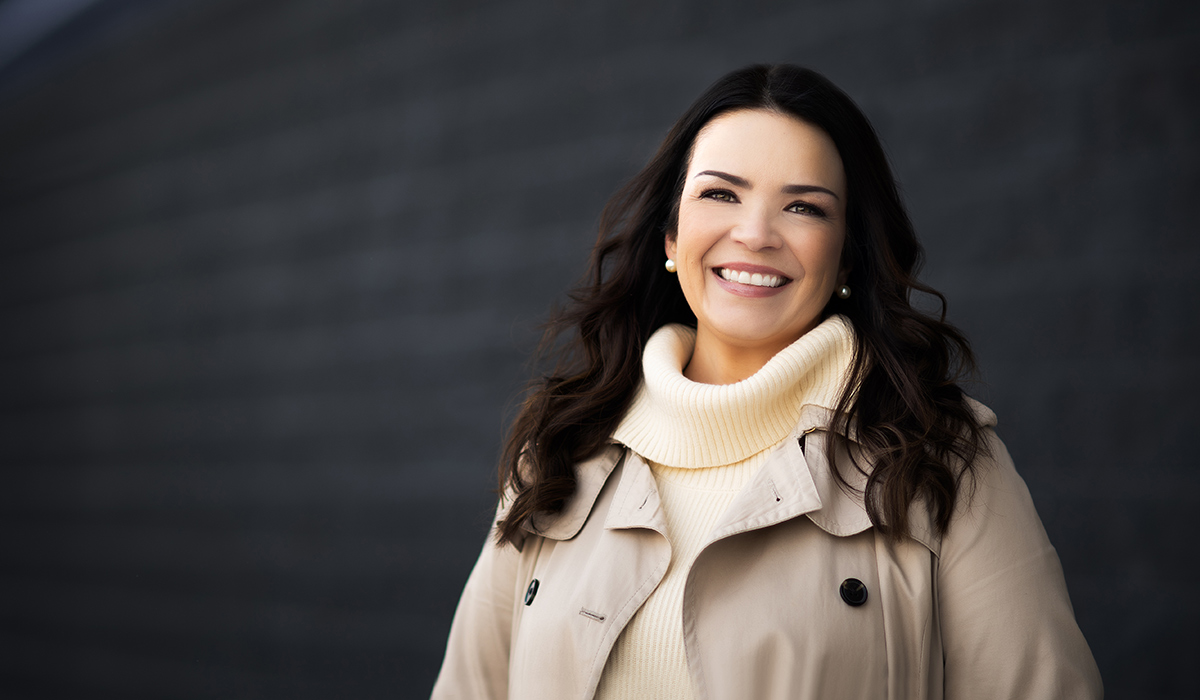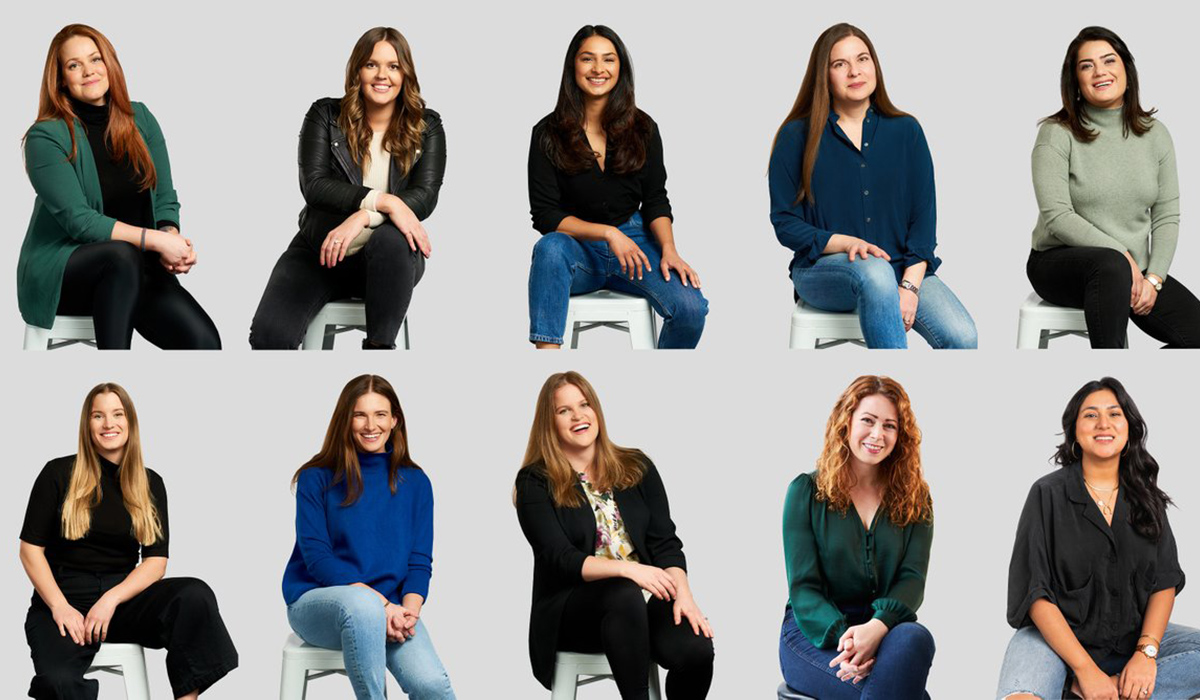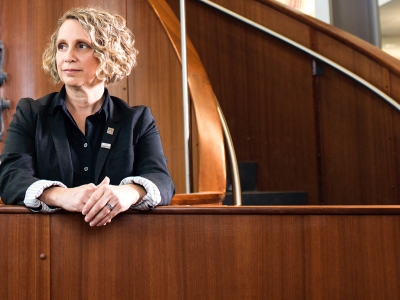By Alison Gareau
Solving big problems demand that we challenge conventional modes of thinking and doing, and imagine new possibilities. Carleton University has grown to become one of the most resourceful and productive hubs of learning and growth in Canada, forging real partnerships to create research and education that tackles tough, complex challenges and improves lives.
Learn more about Carleton’s innovative, inclusive and sustainable impact.
Smart Home Solutions
As Canada’s population ages, the race is on to develop solutions to help older adults age in place safely and with dignity. In partnership with the Bruyère Research Institute and AGE-WELL Network of Centres of Excellence, Carleton researchers are developing supportive smart home systems to address this growing problem.
“We’re bringing together emerging technology, aging adults, industry partners and clinical expertise,” says Bruce Wallace, executive director of the Sensors and Analytics for Monitoring Mobility and Memory (SAM3) AGE-WELL National Innovation Hub. “It’s time to get this technology out of the laboratory and into the community.”
Helping Child and Youth Mental Health Through Education
Roughly 1.2 million children and youth in Canada experience mental health challenges, from anxiety and depression to eating disorders and attention-deficit/hyperactivity disorder (ADHD). Although school is one of the places where children learn how to make sense of the world, the education system can be a difficult environment to navigate, especially for those who are already facing obstacles — a concern amplified by the COVID-19 pandemic.
Carleton University psychology researcher Maria Rogers brings together two important areas of study for children and youth — mental health and education — to improve our understanding of how they interact. Education is one of the primary social determinants of health, and her ultimate goal is to help nurture success at school and beyond.
“By deepening our knowledge about child and youth mental health and its associated educational impacts, we can fundamentally divert negative trajectories and reduce the suffering of some of our most vulnerable citizens,” says Rogers.

Carleton University psychology researcher Maria Rogers
Edible Insects
Our planet’s population is expected to reach nearly 11 billion by the end of this century, which will create a major global challenge: How will we feed so many people?
Carleton University PhD student Matt Muzzatti believes a small creature — the cricket — could play a big role in the solution to our global food crisis.
Muzzatti, a budding biologist, is exploring the mass rearing of crickets as an alternative food source.
“The edible insect industry likes to describe them as a sustainable superfood,” he says.
Through his research, Muzzatti is attempting to optimize the diet of farmed crickets, to minimize the inputs and maximize the yield. In his lab at Carleton University, he raises hundreds of the insects. By paying attention to what and how much a cricket eats, and by weighing it frequently, he hopes to create a “Canada’s Food Guide” for crickets.
Diversity in the Media
Journalism is a cornerstone of our democracy. Its purpose, according to the American Press Institute, is to provide people “with the information they need to make the best possible decisions about their lives, their communities, their societies and their governments.”
When news outlets and digital media platforms don’t reflect the communities they serve, however, journalism can lead to polarized views and social discord—one of the fundamental challenges of the 21st century.
At Carleton University, home to the oldest journalism school in Canada, faculty are striving to reverse decades of systemic racism and make newsrooms more inclusive and diverse by teaching the next generation of journalists to share stories that capture the country’s broad spectrum of perspectives.
A pair of new professors and the groundbreaking courses they teach are a big part of this transformation.
Empowering Female Tech Founders
When an entrepreneur wants to launch a company, they typically seek start-up funding through their personal networks or, if they have a track record in business, from conventional sources such as bank loans, government grants and venture capitalists.
But if they’re new to entrepreneurship and aren’t close to people with the means to invest in their vision, it can be difficult to get off the ground.
The challenges faced by first-time founders — especially women — were the inspiration for a group of 10 current and former female employees of the e-commerce giant Shopify, who in March 2021 established Backbone Angels, a collective of investors dedicated to supporting businesses and ideas that are often overlooked.
Konval Matin, a Carleton University commerce graduate, and her partners at Backbone Angels decide as individuals whether to invest and what amount. And beyond monetary support, they offer a wide spectrum of mentorship and guidance, tapping into their experiences at Shopify and other jobs to assist the companies they fund in areas such as customer service, law, culture, human resources, product development, design, data management, government relations, marketing and finance.

The Backbone Angels team
Challenge What’s Possible
Read more stories about innovation, sustainability, technology and how Carleton — through its researchers, students, alumni and partners — is having a positive impact on the world.

Wednesday, December 21, 2022 in Innovation, Leadership, Research
Share: Twitter, Facebook



